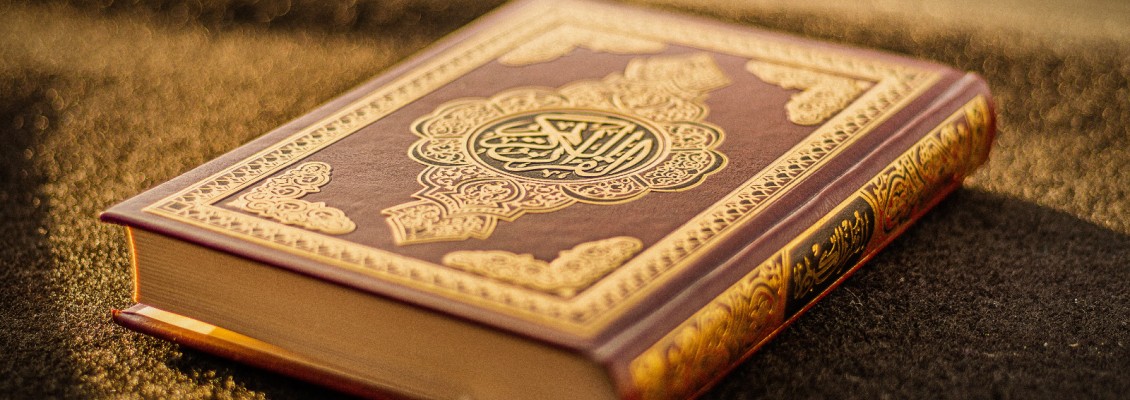
THE PRESERVATION OF THE QURAN
The Quran is believed
to be the final divine revelation from Allah that is conveyed to Prophet
Muhammad (peace be upon him) through the angel Gabriel. It is considered as the
sacred scripture of Islam, the preservation of which is a significant subject to
Muslims worldwide. Therefore, upholding the genuineness and integrity of the
Islamic faith, safeguarding the Quran is indispensable. Since there is no
single way to preserve the Quran, various protection practices are used.
Revelation
process of the Quran took twenty-three years in total, so the message was
conveyed piece by piece. Since its revelation in the 7th century,
the Quran has been primarily transmitted orally. Prophet Muhammad recited the
Quran to his companions, who in turn memorized and recited it to others.
Memorizing the entire Quran, referred to as “hifz”, is an oral transmission
method that has been carefully preserved and passed down through generations. Since
the memorization is the most common tradition in the way of preservation, over
two hundred million Muslims around the world have become memorizers today.
Alongside
oral transmission, the written form of the Quran has also been preserved
through the compilation and dissemination of written manuscripts. During the
time of the Prophet Muhammad, verses were written down on various materials.
The Prophet appointed scribes to record the revealed verses so that the
earliest written copies of the Quran exist in the Prophet Muhammad’s time. In
addition to these, every year in the month of Ramadan, in which Muslims fast,
there is a tradition coming from the Prophet’s time that is to recite the
entire Quran within the month. So, every Ramadan Prophet Muhammad and his
companions would recite the Quran and this way permanency and veracity was
ensured.
After
the death of the Prophet Muhammad, Caliph Uthman ibn Affan recognized the
necessity of a standardized written compilation of the Quran and to achieve
this he appointed a committee of scholars entrusted with the task of gathering
and consolidating all existing written copies of the Quran. However, this was
an extremely strict process in which each copy would gone through various
accuracy tests done by many memorizers. This comprehensive compilation effort
aimed to establish a unified and consistent Quranic text. Afterwards, the
copies were distributed to different regions of the Islamic empire. Hence,
numerous ancient Quran manuscripts have been preserved in museums and libraries
around the world and luckily one of them is housed in Topkapi Palace in Istanbul.
When these ancient Qurans are compared with the ones accessible to everyone today,
it is proved that not even a single vowel has undergone any alteration.
Another
proof is pointed out in the Quran itself acknowledging its significance and
preservation. In Surah Al-Hijr (15:9), it states: “Indeed, it is We
who sent down the Qur’an and indeed, We will be its guardian.” This verse
implies that Allah is the ultimate protector of the Quran, ensuring that its
message remains intact over time. The Quran encourages individuals to engage in
critical thinking and reflection upon its message. In Surah Al-Nisa (4:82),
it states: “Then do they not reflect upon the Qur’an? If it had been from
(any) other than Allah, they would have found within it much contradiction.”
Regarding to this, pondering upon the Quran deeply and acknowledging its
harmonious and consistent nature is encouraged.
Lastly,
the Quran is preserved in its original language till today which is considered
a crucial point to maintain its authenticity and integrity. By preserving the
Quran in Arabic, continuity and unity among Muslims worldwide is ensured since
it serves as a common language of prayer enabling Muslims from diverse
linguistic backgrounds to come together. All these aspects have guided the
Muslim community in protecting and preserving the Quran’s original message,
ensuring its genuineness and certainty throughout history.

Leave a Comment